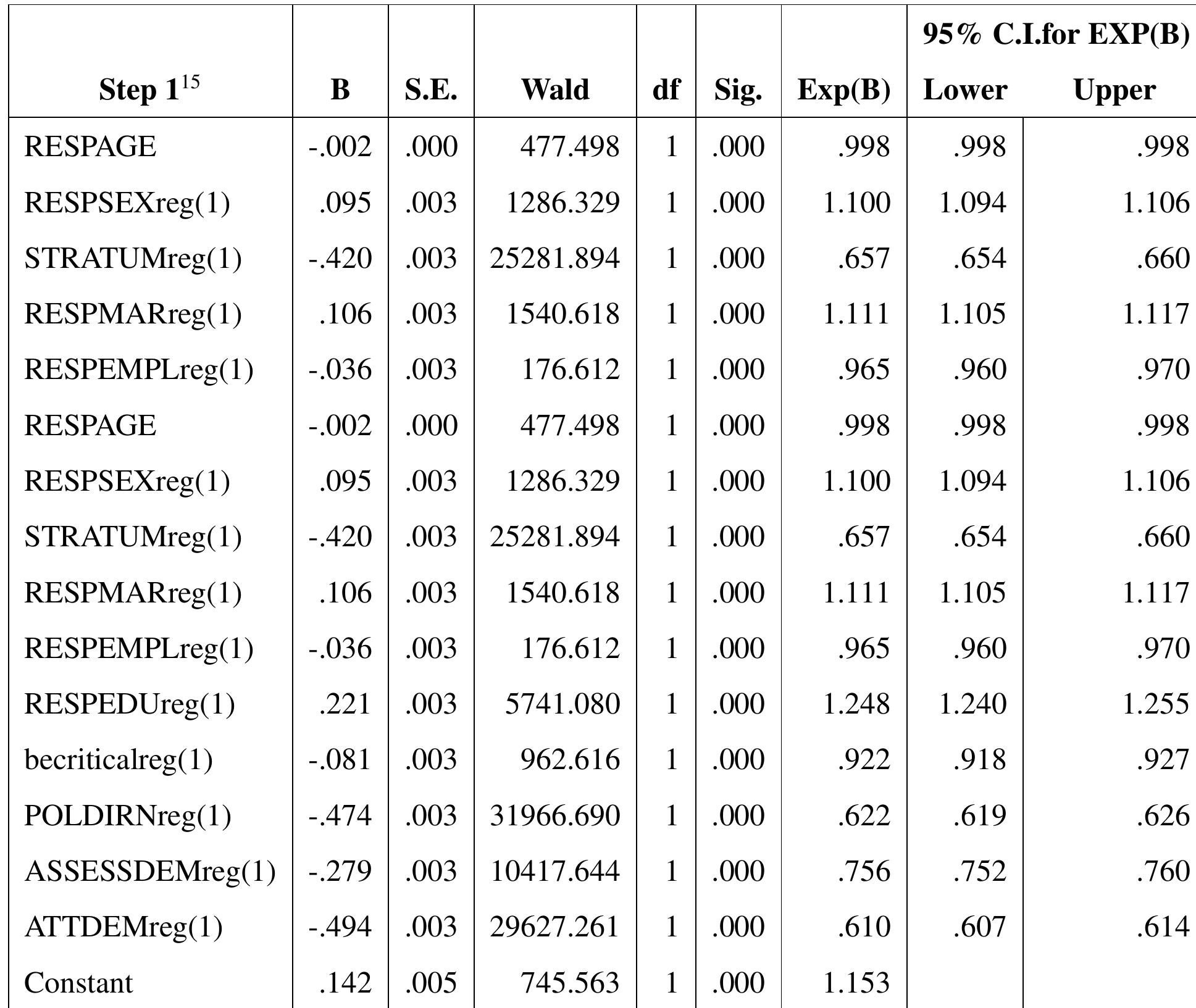Key research themes
1. How can judicial and administrative processes ensure the right to an effective remedy in asylum and immigration procedures?
This research area examines the capacity of judicial and administrative mechanisms within asylum and immigration contexts to uphold the right to an effective remedy, focusing on procedural fairness, judicial review, and enforcement challenges. It matters because the legitimacy and fairness of decisions affecting fundamental rights to protection hinge on accessible and effective remedies, ensuring that unlawful administrative decisions do not undermine international protection frameworks.
2. What legal and institutional challenges affect the enforcement of medical negligence claims and patient rights to an effective remedy in healthcare?
This theme investigates the interplay between medical law, negligence litigation, and patients' rights to effective remedies for harm caused by healthcare professionals. It matters as protecting patients' rights and enabling redress for medical errors or negligence are critical to healthcare accountability, patient trust, and ethical medical practice.
3. How does international human rights law conceptualize and operationalize the right to an effective remedy, particularly in economic, social, cultural rights and health contexts?
This research theme centers on the legal foundations, interpretive challenges, and practical enforcement mechanisms related to the right to an effective remedy within international human rights frameworks. It highlights the significance of remedies for fulfilling rights claims in economic, social, and cultural domains, including access to medicines and health, and addresses systemic difficulties in ensuring judicial justiciability and effective enforcement, with implications for global health equity and human rights protection.
































